3 Days Wuyishan Tour: UNESCO Heritage Site for Danxia Landscape & Tea Culture
Must-see & Must-do:
Highlight 1: Experience a peaceful bamboo raft journey along the winding Nine Bend Stream, spanning 9.5 kilometers. Discover Wuyishan’s green waters and marvel at the stunning Danxia landform in a serene and immersive manner.
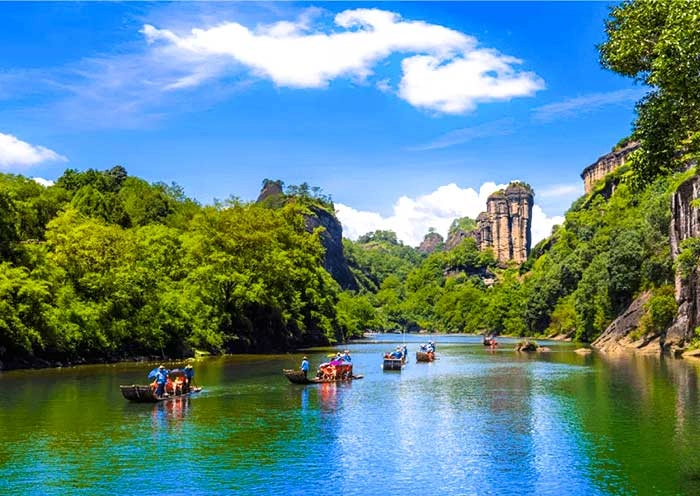
Highlight 2: Indulge in a delightful cultural experience while visiting Zhuxi Garden, the birthplace of Neo-Confucianism. Explore this tranquil haven and deepen your knowledge of this influential philosophy.
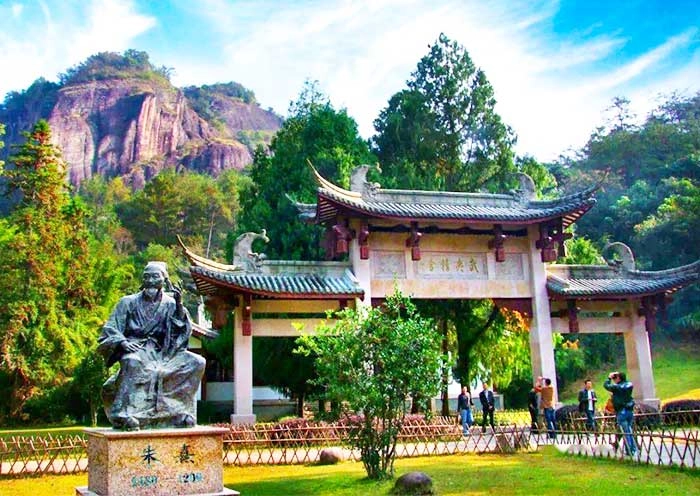
Highlight 3: Climb Tianyou Peak to behold the awe-inspiring panoramic view of Mount Wuyi, where you can immerse yourself in the enchanting sight of meandering rivers, mountains, and tranquil waters.
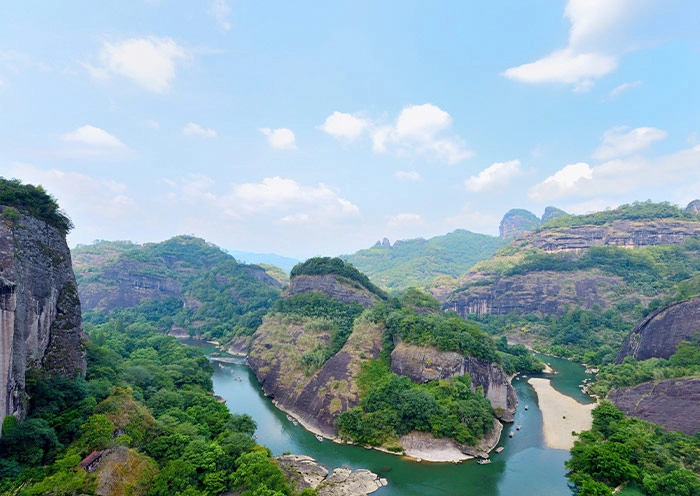
Highlight 4: Immerse yourself in a captivating tea cultural experience when you visit the Da Hong Pao Scenic Area. Explore the Tianxin Yongle Temple, marvel at the legendary Mother Tree of Da Hong Pao, and take the time to savor the exquisite flavors of this renowned tea.

Highlight 5: Take a leisurely stroll through Xiamei Village, known as the “Ten Thousand Miles Tea Road.” Explore the charming Qing Dynasty dwellings, immerse yourself in the nostalgic ambiance of ancient times, and savor the unique atmosphere of this historic village.
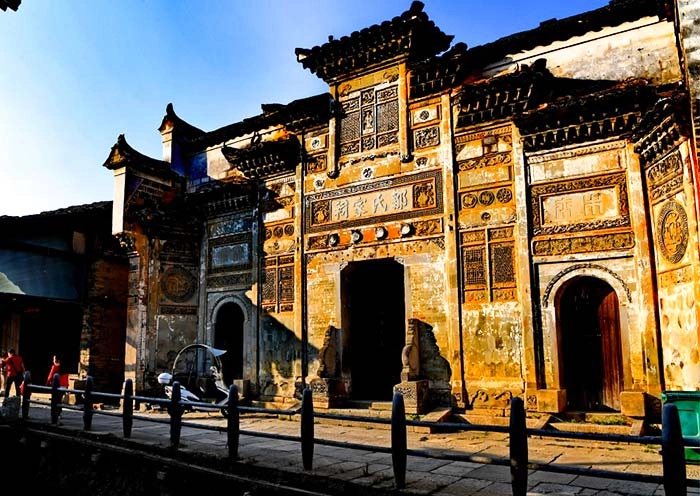
Itinerary Quick Look:
Welcome to Wuyishan (武夷山)! Upon your arrival, your guide will meet you at the airport or train station’s arrival hall and accompany you to your hotel in a private and comfortable vehicle. There, you will be able to check in and settle down. On this day, the local tour guide will suggest that you take a leisurely stroll around Wuyishan.
Wuyishan Mountain, renowned as Mount Wuyi, is a UNESCO World Heritage Site of Natural and Cultural Wonders located in the northern part of Fujian Province. It boasts a unique Danxia landform and is considered the most complete and typical among over 260 Danxia landforms in China, earning it the reputation of “green waters and red mountains”. Wuyishan Mountain is also known as a famous mountain associated with the three teachings (Taoism, Buddhism, and Confucianism). It serves as a major center for tea production, particularly for the world-famous Dahongpao (Big Red Robe) tea, which is grown on the steep cliffs at the heart of the Wuyishan Scenic Area. Wuyishan Mountain is the birthplace of renowned oolong tea and black tea, with Dahongpao being the representative variety of Wuyishan’s rock tea and best known for its mother tree, which holds iconic status.
On this day, you will spend a full day exploring the essence of Mount Wuyi. First, take a sightseeing bus to the foot of Tianyou Peak, also known as Heavenly Tour Peak (天游峰), one of Wuyishan’s most renowned and beloved attractions. To reach the summit of Tianyou Peak, you will need to hike up a steep staircase consisting of over 800 steps. However, the effort is well worth it, as the summit offers awe-inspiring panoramic views. As the saying goes, “Not ascending to the summit is as good as not visiting”. Once you reach the peak, lean against the railing and behold the breathtaking scenery that unfolds before your eyes. The vast expanse of clouds, the majestic suspended peaks, the meandering bends, and the gentle swaying of bamboo rafts create a captivating visual spectacle. The landscapes of Wuyishan Mountain, with its mountains and waters, are fully displayed, providing a feast for the senses. As you gaze upon the ever-changing and unpredictable sea of clouds, you will be immersed in a world of wonder and beauty.
Wuyishan Mountain holds the significant role of being the birthplace of Zhu Xi’s Neo-Confucianism (朱子理学) and serves as a revered destination for the study of Zhu Xi’s philosophy and Eastern culture on a global scale. After taking in the breathtaking panoramic view of the Danxia landform in Wuyishan, your journey continues with a captivating exploration of its cultural treasures. Pay a visit to Zhuxi Garden (朱熹园), also known as Wuyi Jing She (武夷精舍), the very sites where Zhu Xi delivered his lectures. Here, you can delve into Zhu Xi’s life, gain a deeper understanding of the formation and dissemination of his Neo-Confucianism, and immerse yourself in the rich cultural ambiance that embodies Zhu Xi’s philosophy. Zhu Xi (朱熹), also known by the honorific Zhuzi, was a philosopher, thinker, and educator during the Southern Song Dynasty (1127-1279). The city of Nanping, where Wuyishan is located, holds immense historical significance as the birthplace, development hub, and culmination of Zhu Xi’s Neo-Confucianism. Zhu Xi’s contributions elevated the people-oriented Confucianism to new heights. When you step into Zhu Xi Garden, it feels akin to entering a memorial hall dedicated to the renowned Neo-Confucian philosopher of the Southern Song Dynasty. Through the use of informative texts, captivating imagery, and valuable artifacts, the memorial hall provides a comprehensive account of Zhu Xi’s life. It highlights his extraordinary journey, from his early education in Wuyishan to his scholarly writings during his middle age, and his establishment of educational institutions in his later years, ultimately cementing his legacy as a great Confucian scholar. Through the visual portrayal and textual descriptions, you can witness the far-reaching impact of Zhu Xi’s teachings, transcending time and space.
In the afternoon, head to the pier for a bamboo rafting ride down the Nine Bend Stream (九曲溪) to meander through the waters of Wuyishan and appreciate the picturesque beauty akin to a painting-like stroll. Jiuquxi, originating from the core nature reserve of Wuyishan National Park, is the most beautiful stream in China. It stretches for 9.5 kilometers and is renowned for its nine bends and eighteen bays, allowing visitors to experience the essence of natural heritage in this area. As the raft glides through the water, you can admire towering sandstone cliffs, lush green forests, and cascading waterfalls. You may also have the opportunity to spot local wildlife, such as monkeys, squirrels, and birds. The flowing water gracefully curves nine times, revealing unique and picturesque landscapes at each turn. Embarking on a journey from the beginning of the “Nine Curves” and following the stream to the “One Curve”, you will be treated to breathtaking views of the azure sky, fluffy white clouds, crystal-clear water, majestic red mountains, and lush green trees. Along the way, immerse yourself in the ancient love legends of Dawang Peak (大王峰) and Yunv Peak (玉女峰), and explore, appreciate, and capture real-life settings that depict famous scenes from the classic novel “Journey to the West”. Additionally, from a distance, you can witness the marvelously preserved remnants of hanging coffins on the steep cliffs of both riverbanks. Allow yourself to be captivated by the beauty of the mountain scenery, delight in the vibrant hues of the water, and experience the enchanting allure of this heavenly landscape. The entire experience will last approximately 1.5 hours.
Wuyishan is also a famous mountain for the three religions (三教合一). Since the Qin and Han dynasties, Wuyishan has been a dwelling place for Buddhist, Taoist, and Confucian scholars, leaving behind numerous sites of palaces, Taoist temples, and Buddhist shrines. With a history of over 1000 years, Wuyi Palace (武夷宫), located at the end of the bamboo rafting journey along the Nine Bend Stream, is also known as Huixian Temple, Chongyou Temple, and Wannian Palace. From the reign of Emperor Huizong to Emperor Ningzong during the Jiading period, a total of 25 famous figures served at Chongyou Temple in Wuyishan. Most of these individuals were renowned Confucian scholars of their time, known for their upright character, integrity, and moral writings that were admired by future generations. As a result, this ancient palace became an important place for the dissemination of Neo-Confucianism. Zhu Xi deeply admired these scholars, and he aspired to emulate their elegant and refined spirit. Zhu Xi found great value in further studying Zhou Dunyi’s “Diagram of the Supreme Ultimate” (太极图说). Within the temple grounds, there are two ancient cinnamon trees, one of which was planted by Master Zhu Xi himself. When the flowers bloom, the entire garden is adorned with splendor, and the fragrance of cinnamon fills the air. Zhu Xi and his friends have also left many cliffside stone carvings along the banks of the Nine Bend Stream.
Your next visit will be Song Street (宋街), close to Wuyi Palace. The street spans approximately 300 meters, where traditional intangible cultural heritage and modern specialty food come together harmoniously. It is a vibrant street with a mix of refined and classical tea houses, lively bars, and establishments that showcase the dignity and grandeur of the Chunqiu Hall, the elegance and uniqueness of the Sanqing Temple, and the profound richness of museums. Take a leisurely stroll through the narrow streets, explore the shops, and treat yourself to a cup of tea at one of the numerous teahouses.
Optional Evening Idea: “Impression Da Hong Pao” (19:30-20:35)
For an optional evening activity, consider watching the renowned show called “Impression Da Hong Pao” around 19:30. This captivating show narrates the story of Da Hong Pao tea, one of China’s most famous teas. Set against the stunning backdrop of the Wuyi Mountains, the performance features a large cast of hundreds of performers, traditional Chinese music, and state-of-the-art special effects. The show commences with a brief introduction to the history of tea and the origins of Da Hong Pao. It then takes you on a journey, tracing the tea’s cultivation in the Wuyi Mountains to its eventual discovery by the rest of the world.
On this day, embark on an in-depth exploration of tea culture and immerse yourself in the richness of Wuyishan tea! Renowned for its exceptional quality and distinct flavor profiles, Wuyishan tea is a true treasure waiting to be discovered. The rocky terrain, unique climate, and abundant biodiversity of Wuyishan create the perfect conditions for cultivating these extraordinary tea leaves. Experience the most well-known varieties of Wuyishan tea, including the legendary Da Hong Pao (Big Red Robe), the aromatic Shui Xian (Narcissus), the spicy Rou Gui (Cinnamon), and the revered Tie Guan Yin (Iron Goddess of Mercy). Each tea possesses its own character, offering a delightful sensory experience that captivates the palate.
After breakfast, you will board a sightseeing bus to the Da Hong Pao Scenic Area (大红袍景区) to begin your exploration. Start by visiting Tianxin Yongle Zen Temple (天心永乐禅寺), which boasts a history of over 1,200 years, and delve into the stories surrounding the renowned tea called “Da Hong Pao.” Legend has it that in ancient times, a scholar fell ill while traveling through Wuyi Mountain on his way to the capital. The locals offered him water infused with the “divine tea” from Tianxin Yongle Zen Temple, and miraculously, he made a full recovery. Later, having achieved the top scholar position in the imperial examination, he returned to Wuyi Mountain and draped his scholar’s robe over the tea tree, forever naming it “Da Hong Pao” (Big Red Robe).
After your temple visit, take a leisurely stroll through the Da Hong Pao tea plantation and admire the 350-year-old mother tree of Da Hong Pao (大红袍母树). Located within the Jiulongke Scenic Area, you will find six tea trees representing four different varieties. Each tree possesses unique leaf shapes and sprouting times, showcasing the diversity of these cultivars. Next, proceed to Water Curve Cave (Shuilian Cave, 水帘洞), the largest rock cave in Wuyi Mountain, situated on the eastern side of the Danxia Range. As you enter, you will be greeted by a slender waterfall cascading down from the top of Xiabin Rock, known as Xiaoshuilian Cave. Continue your journey by climbing the steps, leading you to Shuilian Cave itself. Nestled amidst the cliffs, the cave is adorned with inscriptions and engravings. Notably, you will find seal script characters featuring a famous quatrain by Zhu Xi: “Ask the source how it remains so clear, it’s because of the flowing water from the origin” (问渠那得清如许,为有源头活水来). If you have enough time, prepare to be enchanted by the intricate flavors and aromas that unfold with every sip. Take a moment to sit down and relax, allowing yourself to truly savor the authentic flavors of Wuyishan tea.
In this afternoon, be escorted to Xiamei Village, about 8 km in the east of Mount Wuyi. Known as the “Ten Thousand Miles Tea Road,” it has not only nurtured famous poets like Liu Yong from the Northern Song Dynasty and Neo-Confucian philosopher Zhu Xi from the Southern Song Dynasty but also cultivated the prosperous tea market of Xiaomei during the Qing Dynasty. In spring, every household is busy picking and processing tea, and the air is filled with the fragrance of tea. Fujian and Shanxi merchants joined forces to open another “Ten Thousand Miles Tea Road” in Xiaomei Village, making it the largest tea trading center in the Wuyi Mountain area. Within the village, there are more than 30 well-preserved ancient dwellings from the Qing Dynasty. Among them, the “Three Carvings” (brick carving, stone carving, wood carving) of the ancient dwellings are particularly prominent and are the highlights of the ancient dwellings in Xiaomei. The most representative ancient dwellings include the Zou Family Doctor’s Residence, Zou Family Ancestral Hall, and Dali Lane.
After the tour, it is time to leave Wuyishan and be transferred to railway station or airport for your high-speed train/flight to the next destination.
Thank you for choosing HelloChinaTrip for your Xiamen day tour. We are always dedicated to serving you and look forward to welcoming you again for your future trips to China/Asia.
What’s Included
- Experienced drivers & air-conditioned vehicles
- Professional licensed English-speaking local guide
- Hotel accommodation with breakfasts
- Domestic flights (economy class) or high-speed trains (second class) listed in the itinerary
- Admission tickets, activities, meals listed in the itinerary
- Accident insurance
- Our service from tour planning, handling, operational and finishing your trip
What’s Excluded
- International airfares
- Entry visa fees
- Personal expenses
- Single room supplement
- Recommended optional activities
- Arrival/departure flights or train on the first and last day
- Tips or gratuities for guides and drivers
Important Trip Notes for Booking a China Group Tour
How do I book a China group tour?
It is very simple to book a private China tour. Select the tour you are interested, and click “Make an Enquiry for Free”. Tell us your demands and likes while submitting the form. During this process, you don’t need to pay immediately. After sending us your requirements, one of our professional travel experts will get back to you within 0.5 to 24 hours. When all the information have confirmed, then you make the deposit. Please feel free to contact the travel expert directly if you have any questions prior to booking.
Extend Your China Tour
The above itinerary is the sample one that most travelers would go like that. The tour can be customized based on your likes, interests and budget. At the same time, if you want to extend this tour, just tell us your favored destinations and things to do. Our professional travel experts will redesign the trip totally for you and your group at the best price. Tell us your ideas now >>
Transportation
In a private tour, it means you will transfer to the tourist attractions in one city by private vehicle. The private car we selected is spacious, comfortable and air-conditioned. And the driver we use are very experienced. As for traveling between two destinations, we use domestic flights (economy seat) or high speed trains (second class seat, usually less than 6 hours). The local guides and drivers will pick you up at the airport/train stations, and escort you to the hotel.
Meals
Map
Similar Experiences
12 Days South Xinjiang Adventure tour 12-Day South Xinjiang Adventure8
9 Days Lhasa,Nyingchi Tour 9-Day Lhasa,Nyingchi Tour City Travel Itinerary8
4 Day Hangzhou,Suzhou Tour 4-Day Hangzhou,Suzhou Tour City Travel Itinerary8



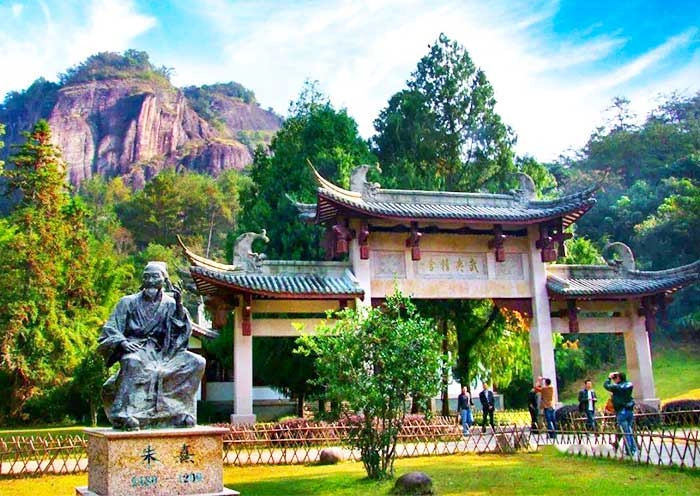
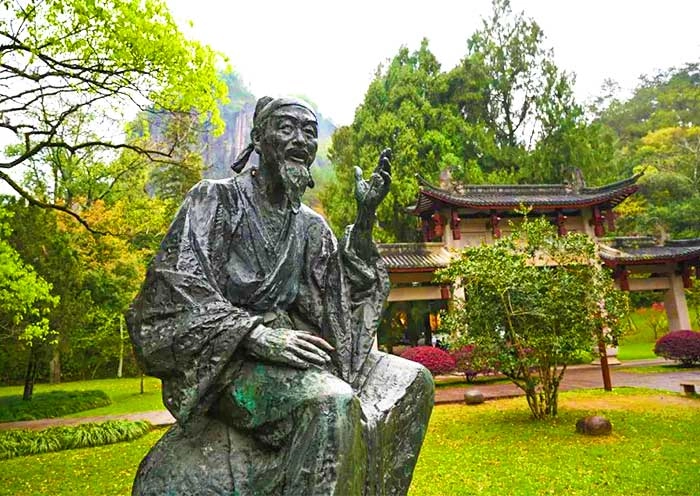
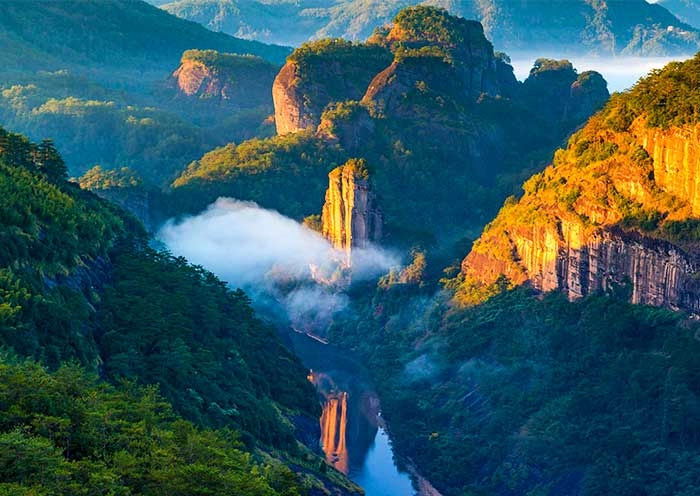
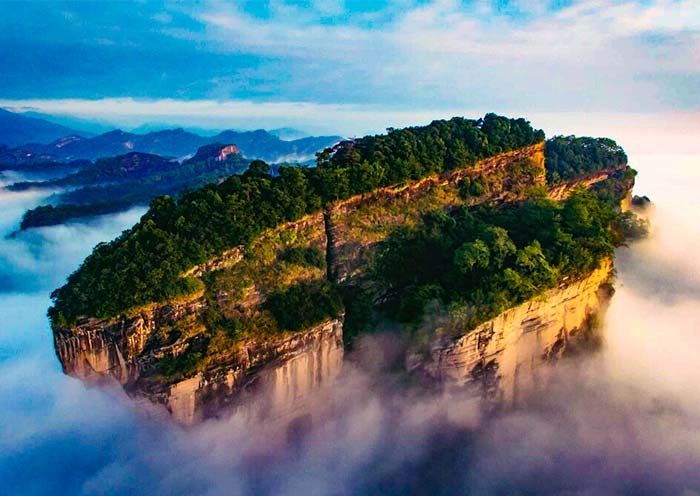
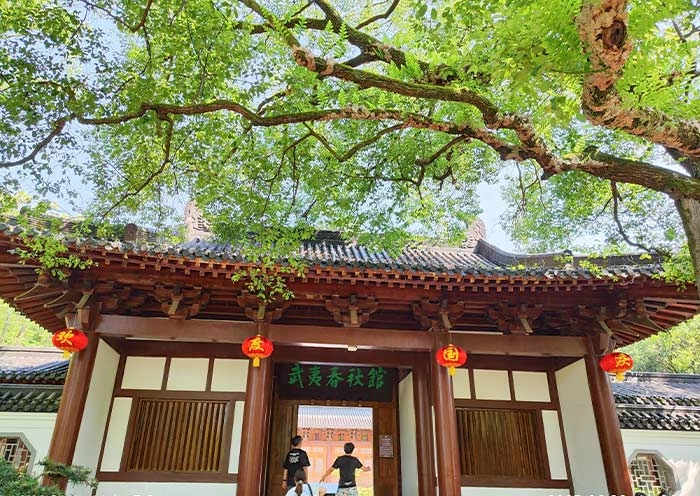
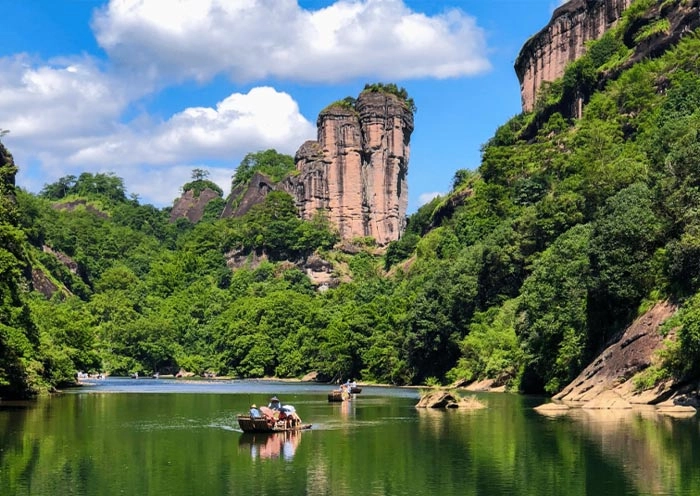

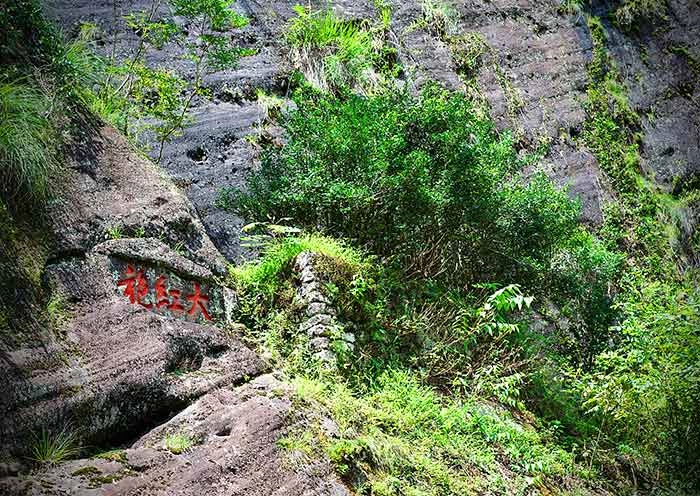
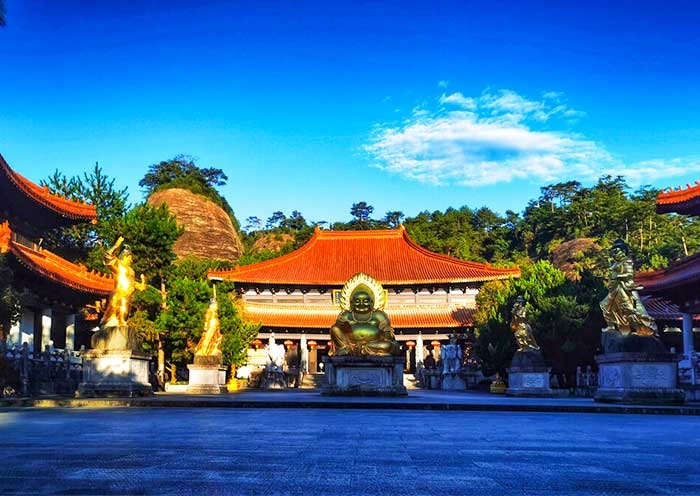

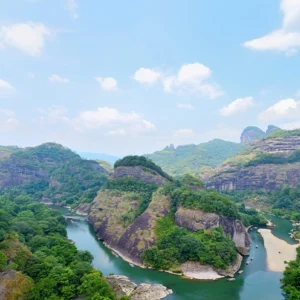
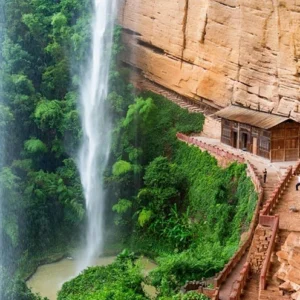
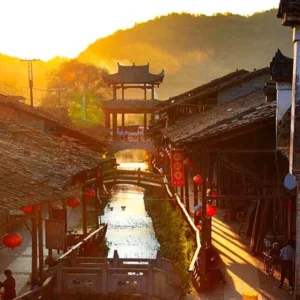
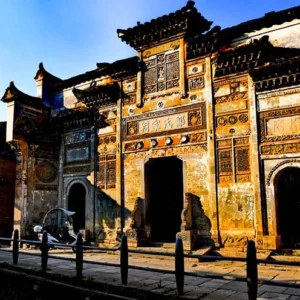
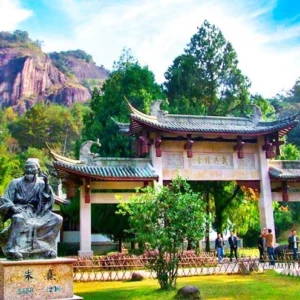
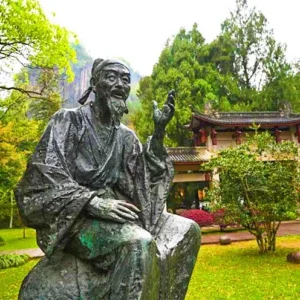
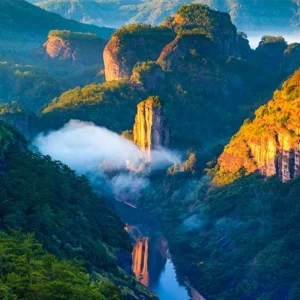
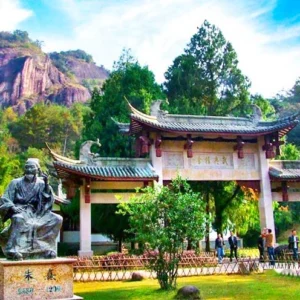
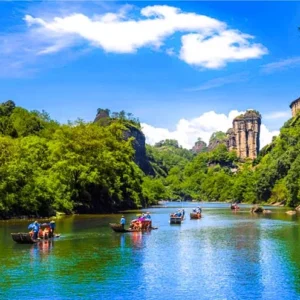
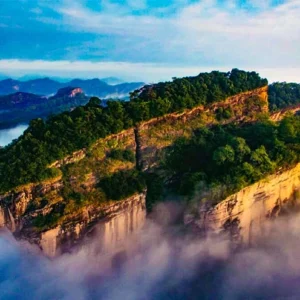
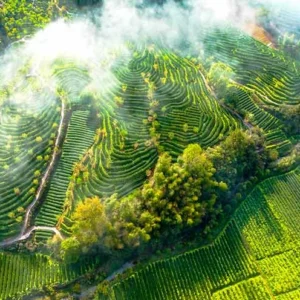
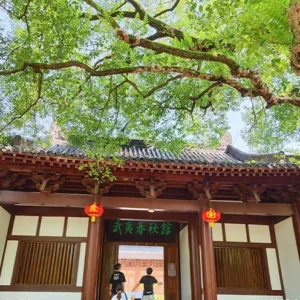
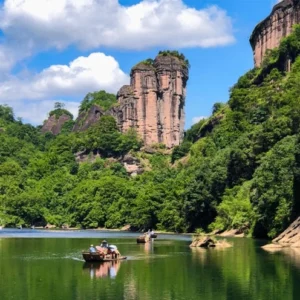
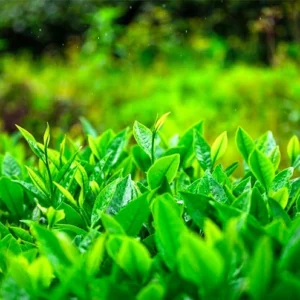
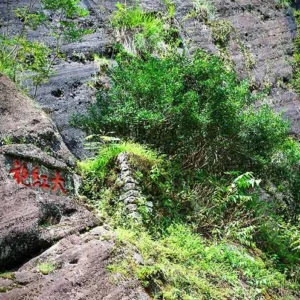
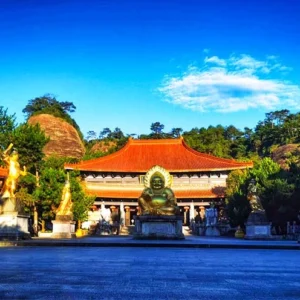
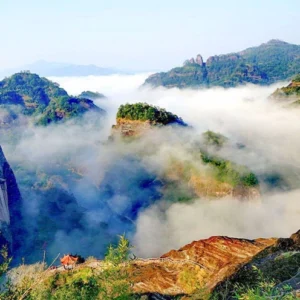

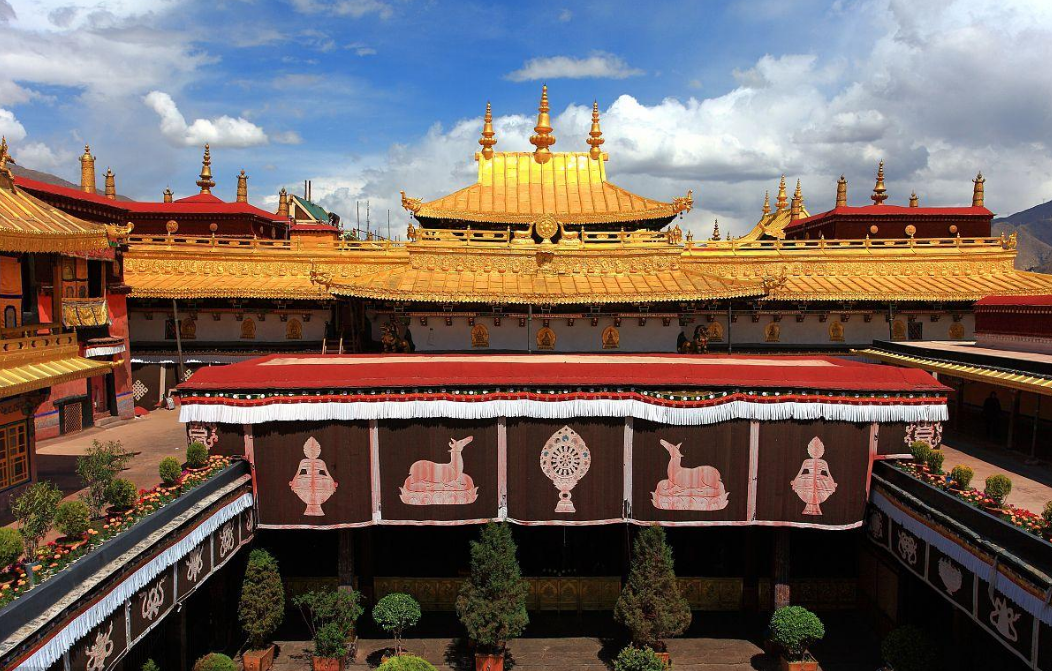
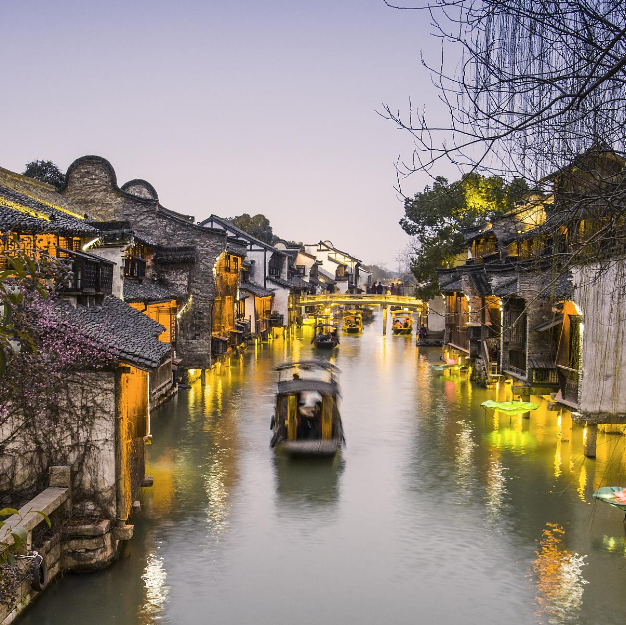

Reviews
There are no reviews yet.